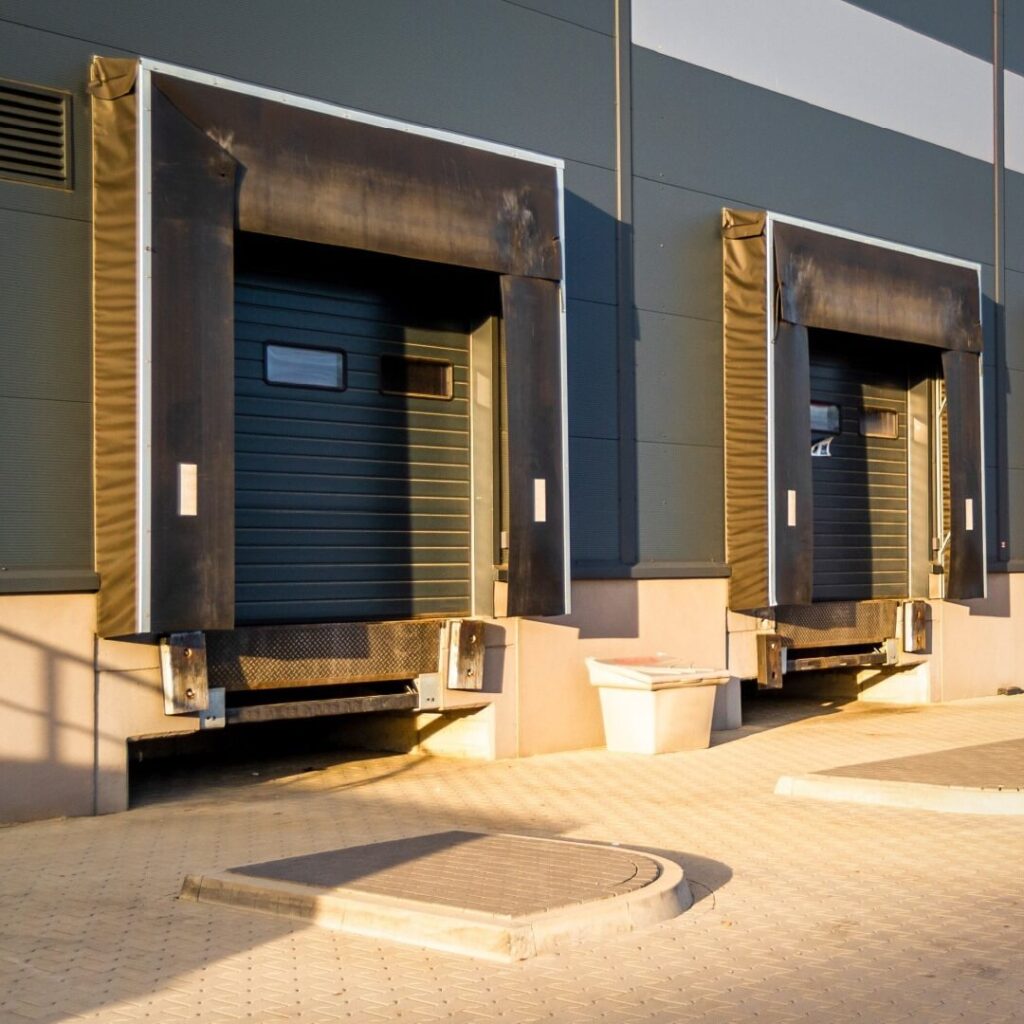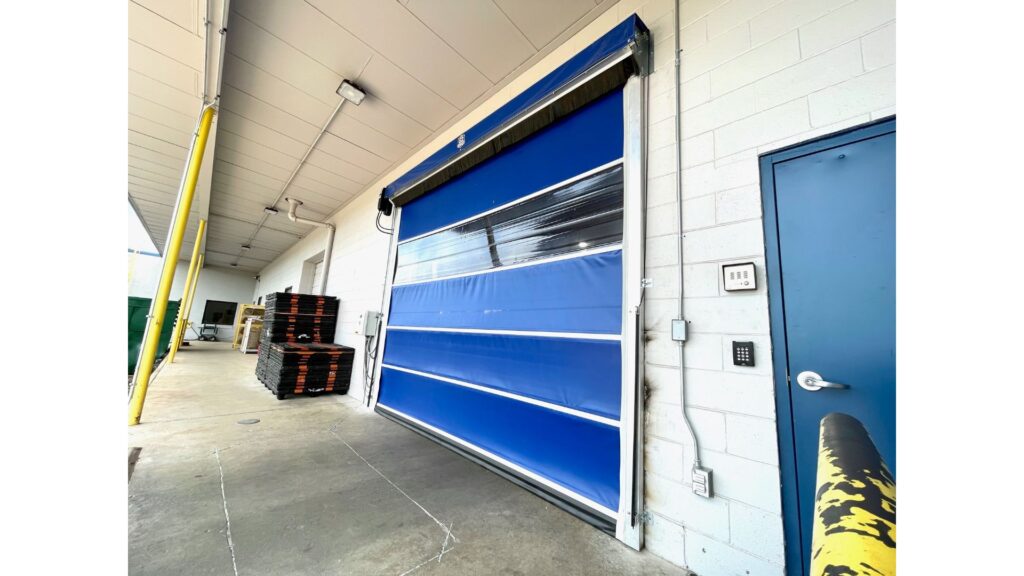Door closers are common in a lot of commercial spaces. They help with many things like security, accessibility, and traffic management. However, like any device with moving parts, they are bound to experience wear and tear over time.
Recognizing the signs that the door closer may need repair is important for keeping your building doors functional and secure. In this post, we’ll give you 6 signs that your door closer needs attention from a commercial door technician!
1. Difficulty Closing
One of the most evident (and annoying) signs that your door closer needs attention is if it becomes difficult to close. Increased resistance from your door when closing could be a sign that the door closer’s hydraulic mechanism or springs are not working properly.
This is an issue that can make your door annoying to use and also compromise security. Instead of jamming it shut and fighting with it trying to close and lock the door, get it checked out and avoid the headache!
2. Uneven or Rapid Closing
Closers are installed to make doors close smoothly, evenly, and at a controlled pace. They allow people to pass through the door safely without having to worry about closing the door behind them. Closers also prevent doors from loudly slamming.
If the door closer is moving too slowly, too quickly, or unevenly and erratically, the closer may need to be adjusted or replaced. These issues indicate issues with your springs or hydraulics as well.
3. Loud or Unusual Noises
Door closers are usually pretty quiet if they make any sound at all. Anything that sounds out of the ordinary could indicate issues with your closer. Squeaks, grinding noises, or scraping are some sounds that can tell your door closer needs attention.
These sounds are usually an early warning that something is not right and needs to be fixed. So, don’t ignore them!
4. Leaks
Any leaking from your door closer like oil or hydraulic fluid indicates that there may be internal problems. Your gaskets or seals may not be in good condition, or something within your closer mechanisms may be broken.
Any leaking fluid will continue to leak over time and can cause the issues mentioned above.
5. Delayed Closing or No Closing At All
When a door with a closer is opened, it should immediately start to smoothly, and slowly return to a closed position with no interruptions. If your door remains open, takes too long to close, or won’t close at all without manual pushing, your closer is likely broken.
Aside from being an inconvenience, these problems can get worse over time and eventually lead to a useless closer.
6. Visible Wear and Tear
Things like rust, corrosion, or dents and scratches are bound to happen over time. Door closers will wear down as they are used and do need to be repaired and replaced occasionally. Damaged components can shorten the lifespan of your closer and require replacement sooner than usual.
Because of this, regular maintenance is key to catching issues like this early!
How to Maintain a Door Closer
There are a few things you can do to prevent issues and catch damage early!
Regularly Inspect Your Closer
Every so often, take a look at your closer and check for any signs of wear and tear like the ones mentioned above. If you notice anything out of the ordinary, keep an eye on it. If any of the issues continue to get worse or impair the function of your closer, get it repaired.
Lubricate Your Door Closer
Some door closers require lubrication to keep everything moving smoothly. Use a lubricant recommended by the closer’s manufacturer and apply as they suggest. But, if you’re unsure of this information, you can always ask a professional commercial door technician.
Make Adjustments as Needed
Sometimes, issues with your door closer indicate that you just need an adjustment. There are a few adjustable settings that control the closing speed, latching speed, and resistance. Most manufacturer’s guides will tell you how to adjust your specific closer, but this is also something you can reach out to a door technician for.
Clean Your Door Closer
Closers have a lot of moving parts and handle the force of an opening and closing door. Consequently, all of this motion can cause screws to become loose over time. You can go in and look for loose screws and tighten them every once in a while to keep the closer secure.
Get Inspections
You may also consider getting regular inspections from a professional, especially if your closers are in place for fire safety or security reasons. A commercial door technician can also check for things you may have missed and ensure your doors are in good shape to perform as a safety mechanism. This can also help you avoid expensive replacements or repairs by catching issues early on.
Conclusion
There are a few key signs that your door closer may be in need of repair, and spotting them can help you avoid security and safety issues from a malfunctioning door. Keep an eye out for these signs and keep your closers in good shape!
You can also help maintain your door closers by following the steps above. The manufacturer guidelines for your specific type of closer can provide even more detailed maintenance information. If you need help or need your closers inspected by a professional, don’t hesitate to call a door technician!
We hope this post helped you learn more about door closers, the signs they need repair, and the ways you can maintain them. Let us know on our contact page if you have any questions or news about door closers installed at your business! Give us a call today to get a free estimate, and check out some of our other commercial door services while you’re here.





